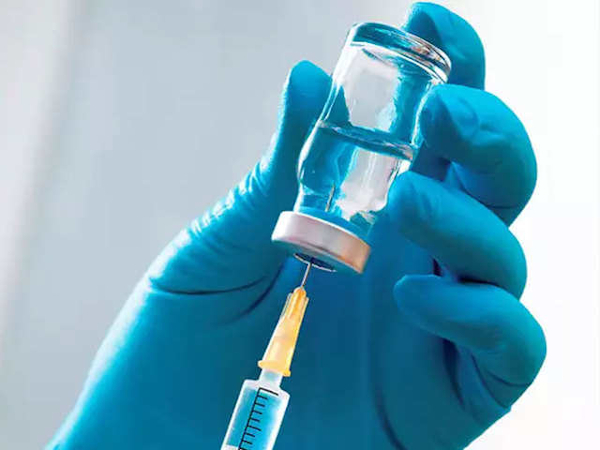Approvals have been accorded to 16 applicants under Production Linked Incentive (PLI) Scheme for Promotion of Domestic Manufacturing of critical Key Starting Materials (KSMs)/ Drug Intermediates and Active Pharmaceutical Ingredients (APIs) in the country. The setting up of these 16 plants will lead to total committed investment of Rs. 348.70 crore (US$ 46.39 million) and employment generation of about 3,042 by the companies. The commercial production of these plants is projected to commence from 1st April 2023 onward.
With an objective to attain self-reliance and reduce import dependence in these critical Bulk Drugs – Key Starting Materials (KSMs)/ Drug Intermediates and Active Pharmaceutical Ingredients (APIs) in the country, the Department of Pharmaceuticals had launched a Production Linked Incentive (PLI) Scheme for promotion of their domestic manufacturing by setting up greenfield plants with minimum domestic value addition in four different Target Segments (In Two Fermentation based – at least 90% and in the Two Chemical Synthesis based – at least 70% ) for 41 products with a total outlay of Rs. 6,940 crore for the period 2020-21 to 2029-30.
In total, 215 applications were received for the 36 products spread across the 4 Target Segments. The applications under the target Segments I, II and III were considered and eligible applications approved in earlier meetings of the Empowered Committee. Out of total 174 applications received for 23 Eligible Products under Target Segment IV – Other Chemical Synthesis Based KSMs/ Drug Intermediates/APIs, 79 applications received for 11 eligible products were considered earlier and 14 applications approved in the sixth meeting of the Empowered Committee. In the 7th Meeting of the Empowered Committee held on 19.03.2021 the remaining 95 applications under the Target Segment IV were considered.
With this, all the 215 applications received have been considered and a total of 47 applications (excluding 2 successful applications withdrawn subsequently) with committed investment of Rs. 5366.35 crore (US$ 713.95 million) have been approved by the Government under the PLI Scheme for Active Pharmaceutical Ingredients (APIs). Setting of these plants will make the country self-reliant to a large extent in respect of these Bulk drugs. The disbursal of production linked incentive by the Government over the six years period would be up to a maximum of about Rs. 6,000 crore against the budgetary outlay of Rs. 6940 crore (US$ 923.31 million).
Under the Production Linked Incentive (PLI) Scheme for Promoting Domestic Manufacturing of Medical Devices, after considering all 28 applications, 14 applications have been approved by the Government with a committed investment of Rs. 873.93 crore which will lead to utilization of maximum incentive of about Rs. 1,694 crore against total budget outlay of Rs. 3,420 crore The Government has decided to re-invite applications for the uncovered/ under-covered products in the PLI Schemes for Bulk Drugs and Medical Devices for utilizing the approved outlay.
The Indian pharmaceutical industry is the 3rd largest in the world by volume. It has high market presence in several advanced economies such as the US and EU. The industry is well known for its production of affordable medicines, particularly in the generics space. However, the country is significantly dependent on the import of basic raw materials, viz., Bulk Drugs that are used to produce medicines. In some specific bulk drugs, the import dependence is 80 to 100%.
Source: IBEF
You may also like
-
Navigating India’s Skill Landscape
-
Trade Connect E-platform For Exports Is Single Window, Fast, Accessible And Transformational: Shri Piyush Goyal
-
India-us Working Together In Areas Like Critical Minerals, Supply Chains And Advanced Technologies: Shri Piyush Goyal
-
Cabinet Approves Health Coverage to All Senior Citizens of the Age 70 Years and Above Irrespective of Income
-
Cabinet Approves PM Electric Drive Revolution in Innovative Vehicle Enhancement (PM E-DRIVE) Scheme With An Outlay of ₹.10,900 Crore
